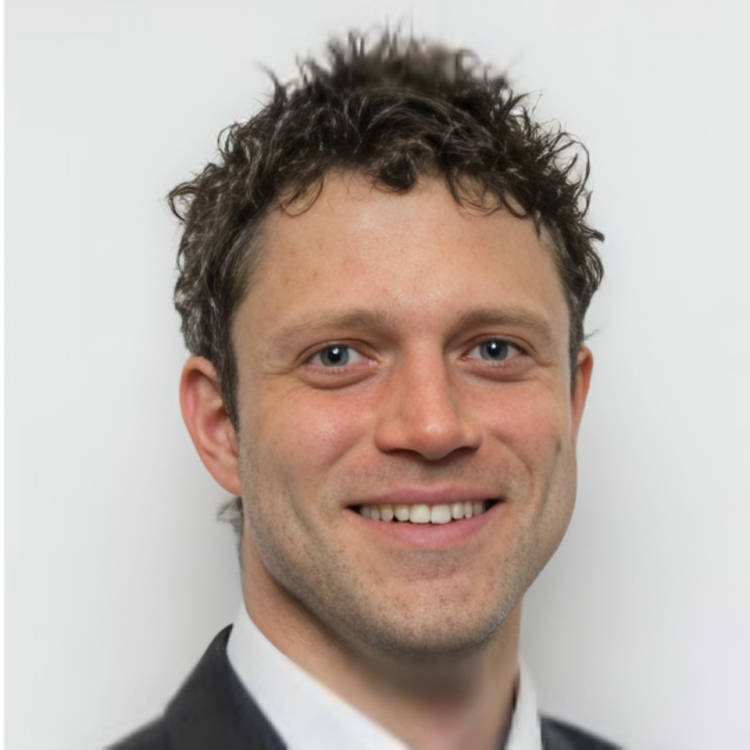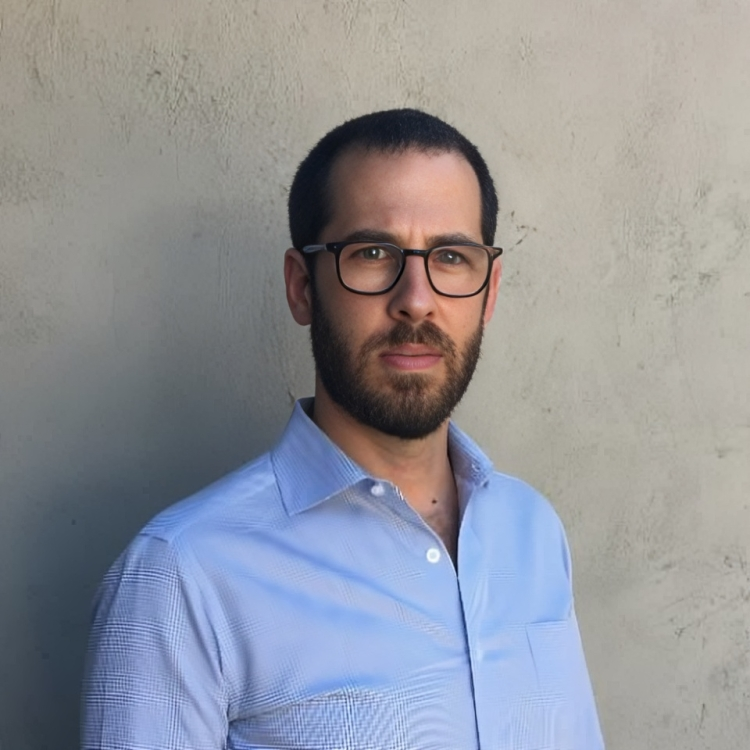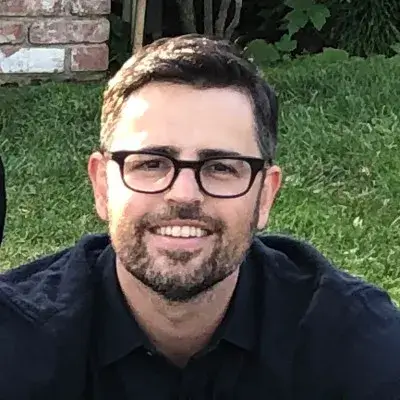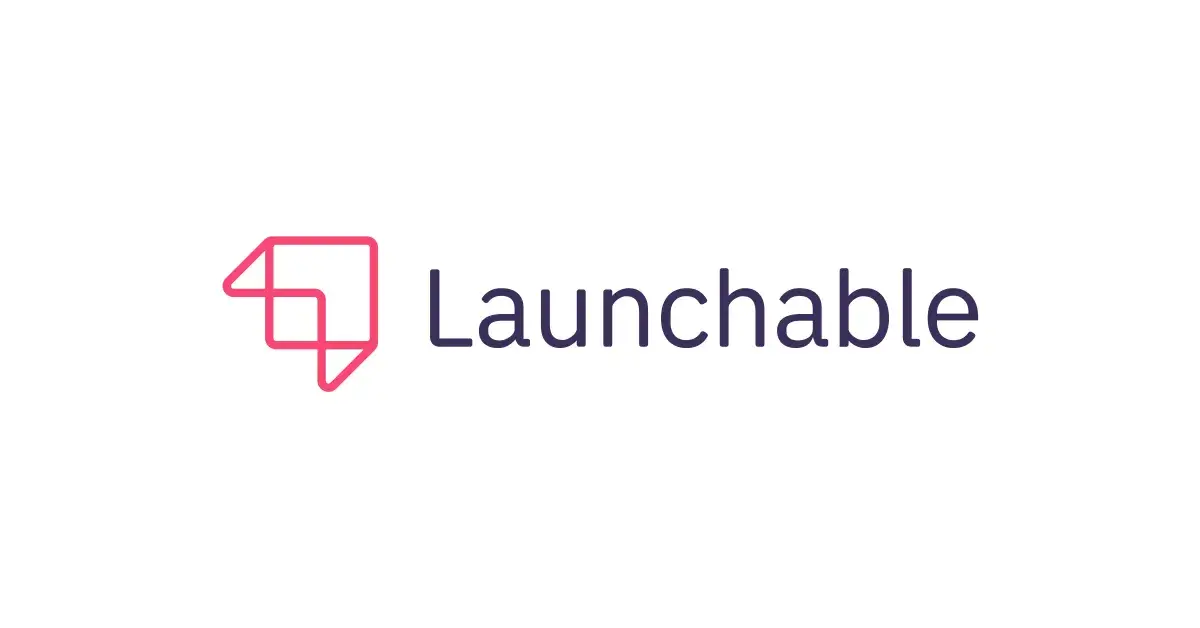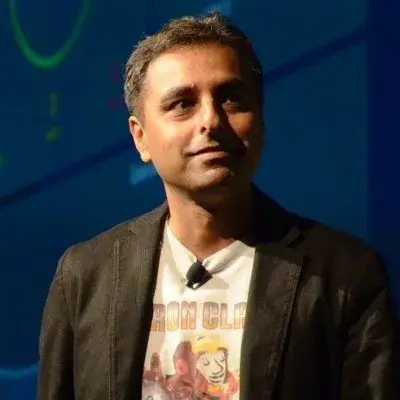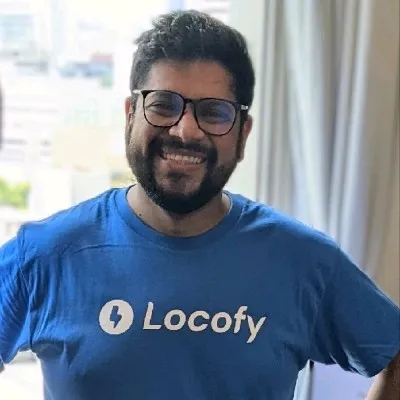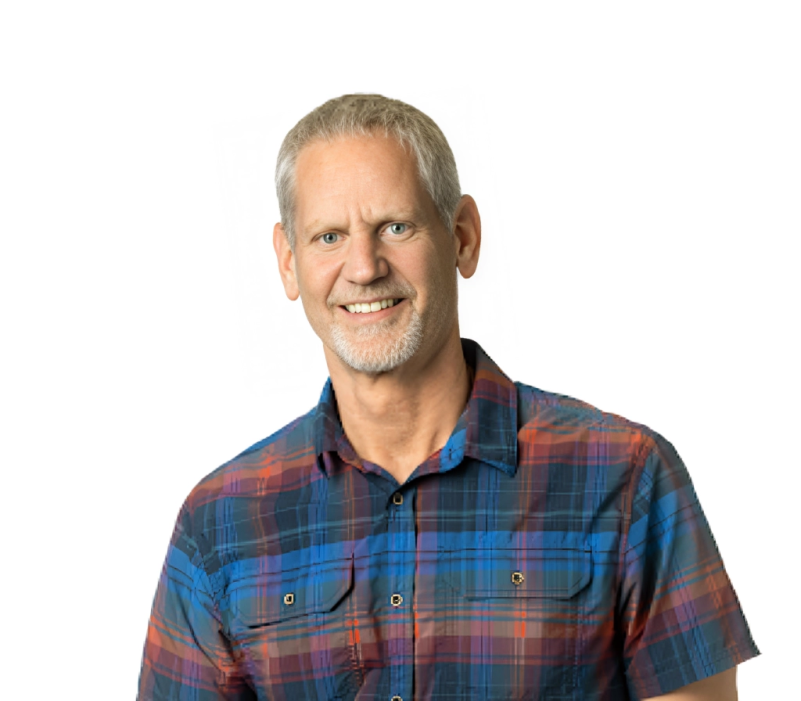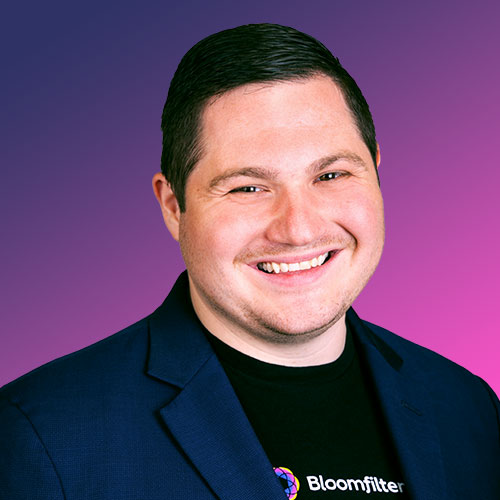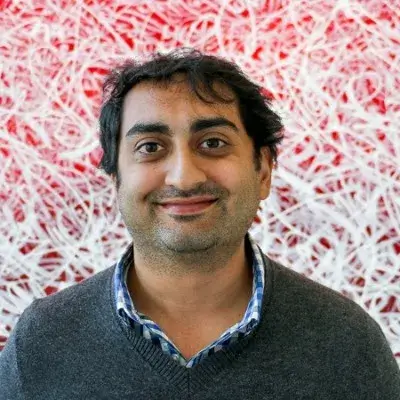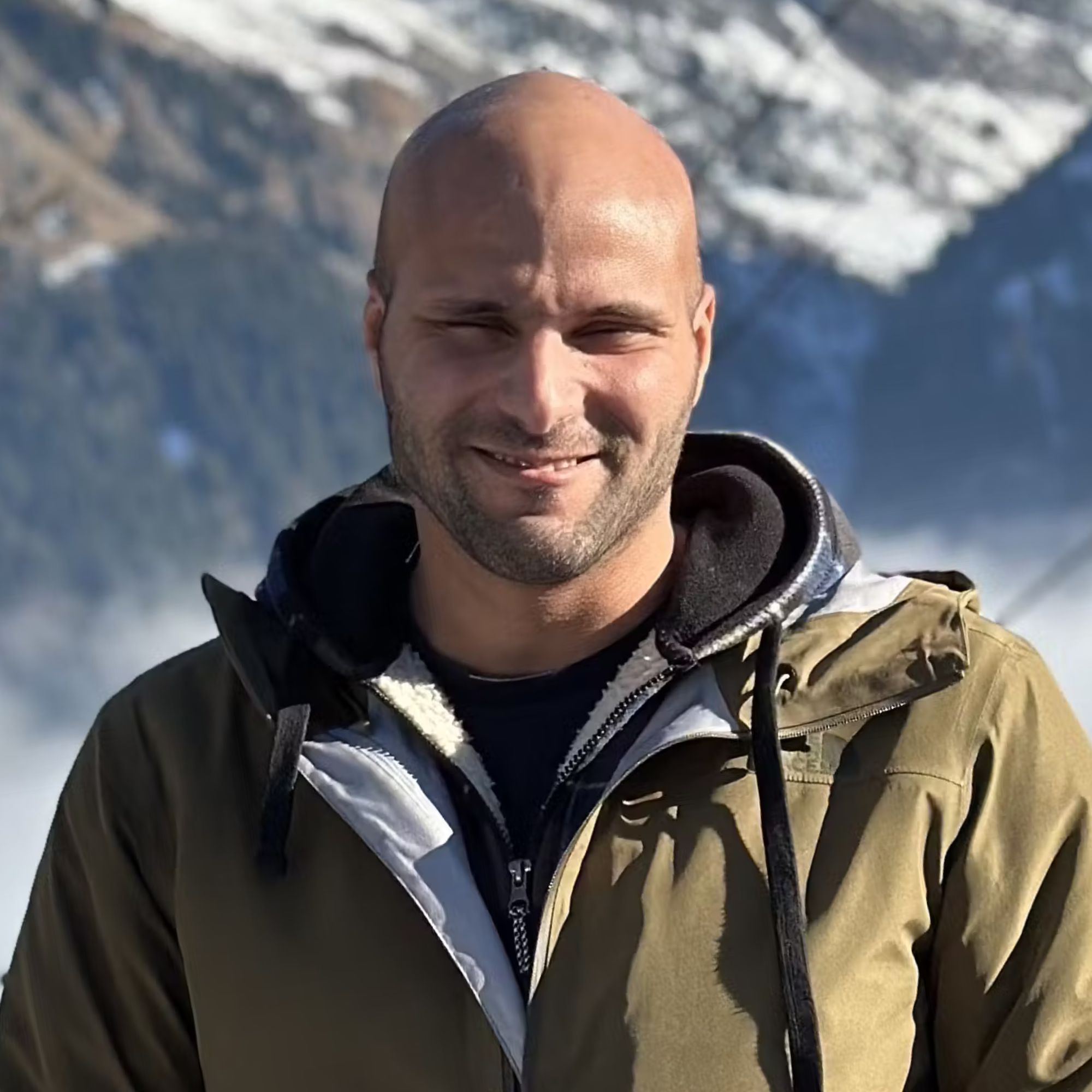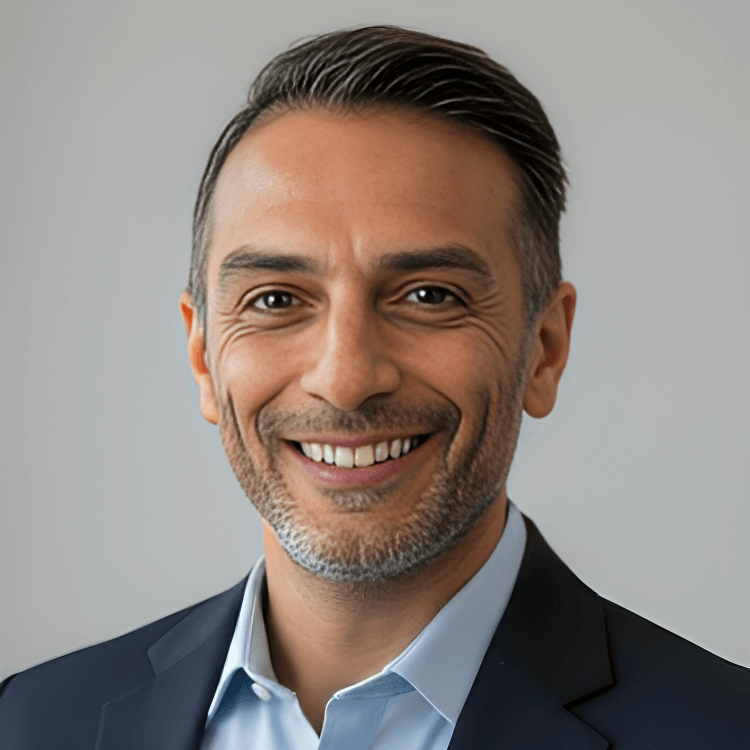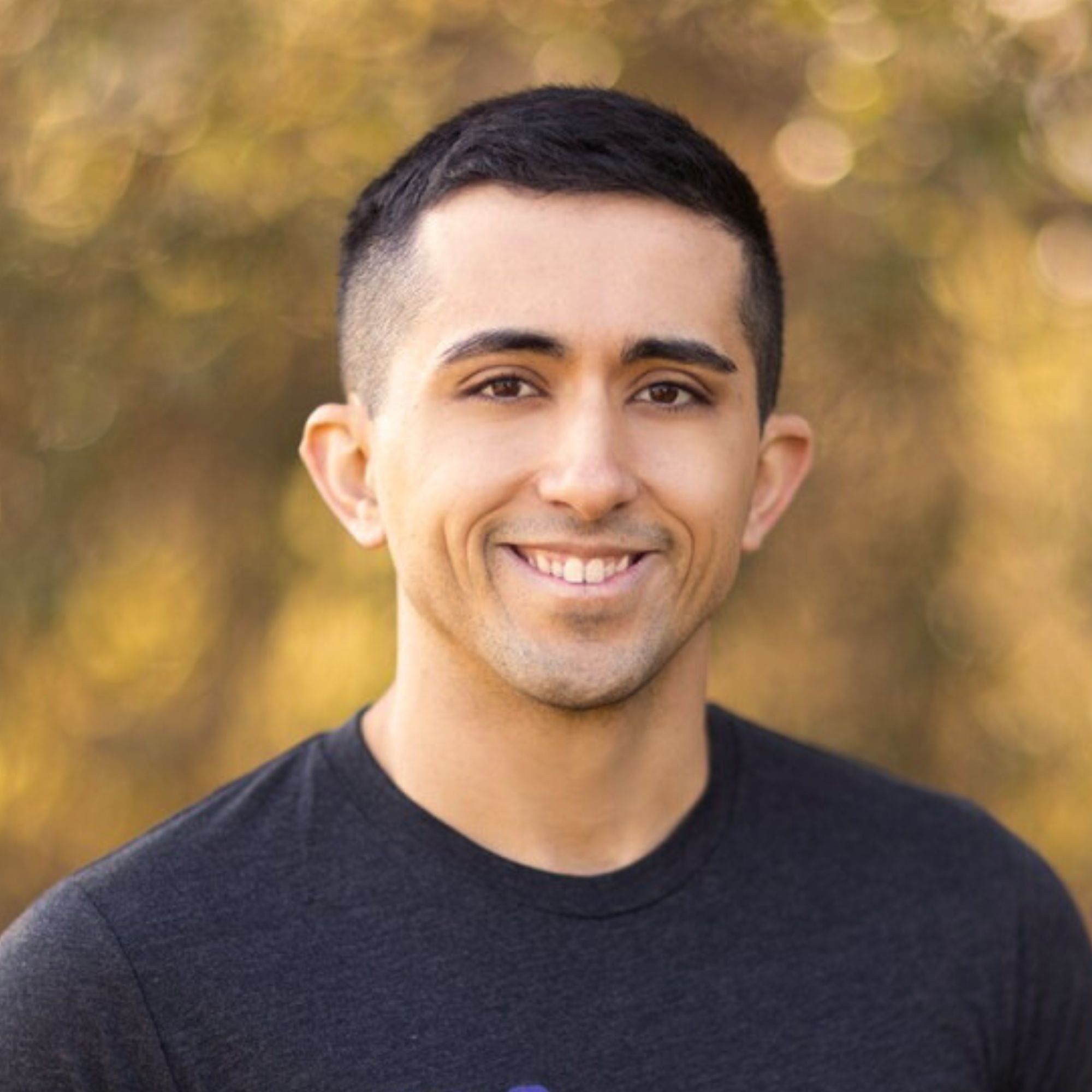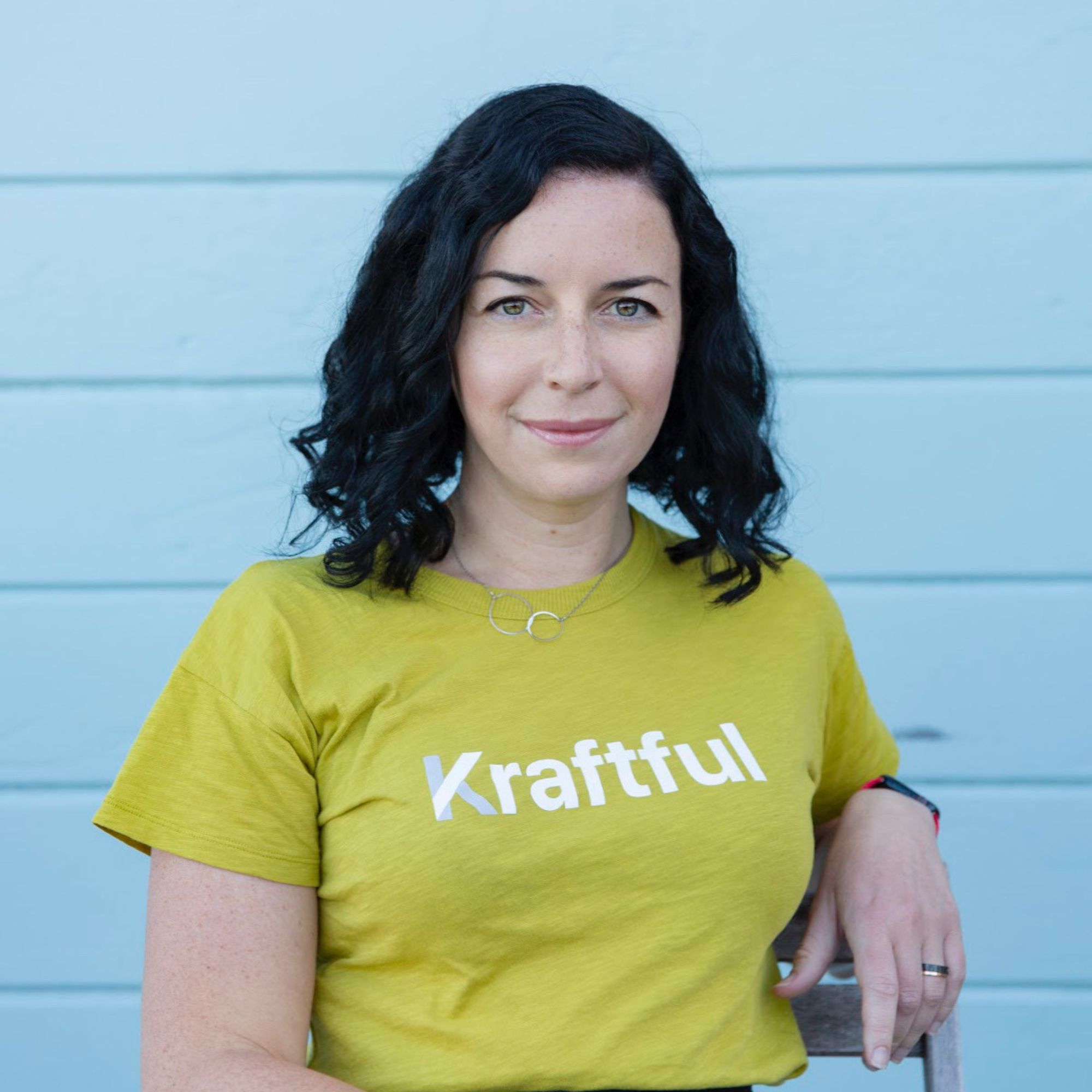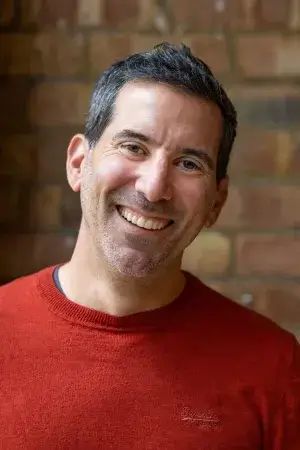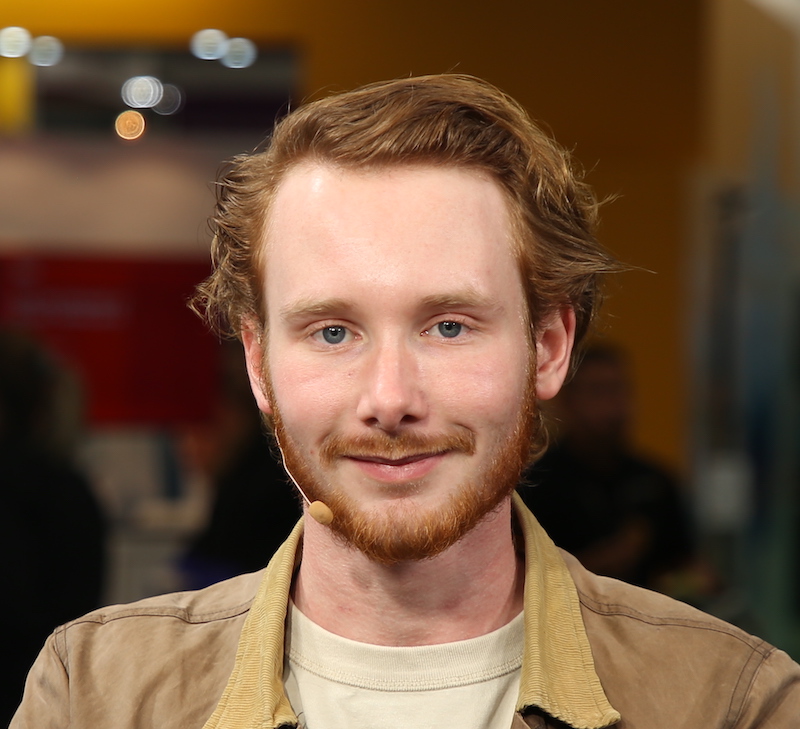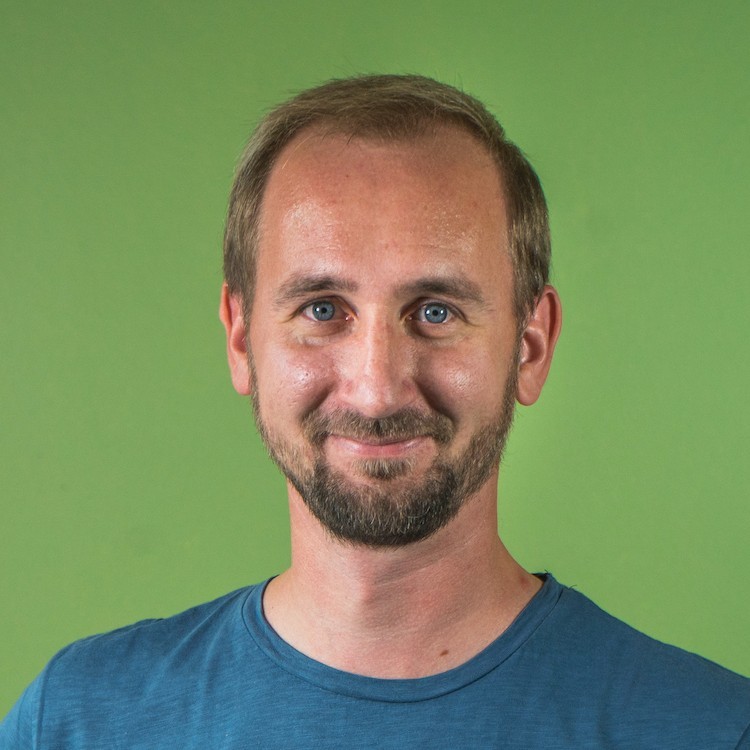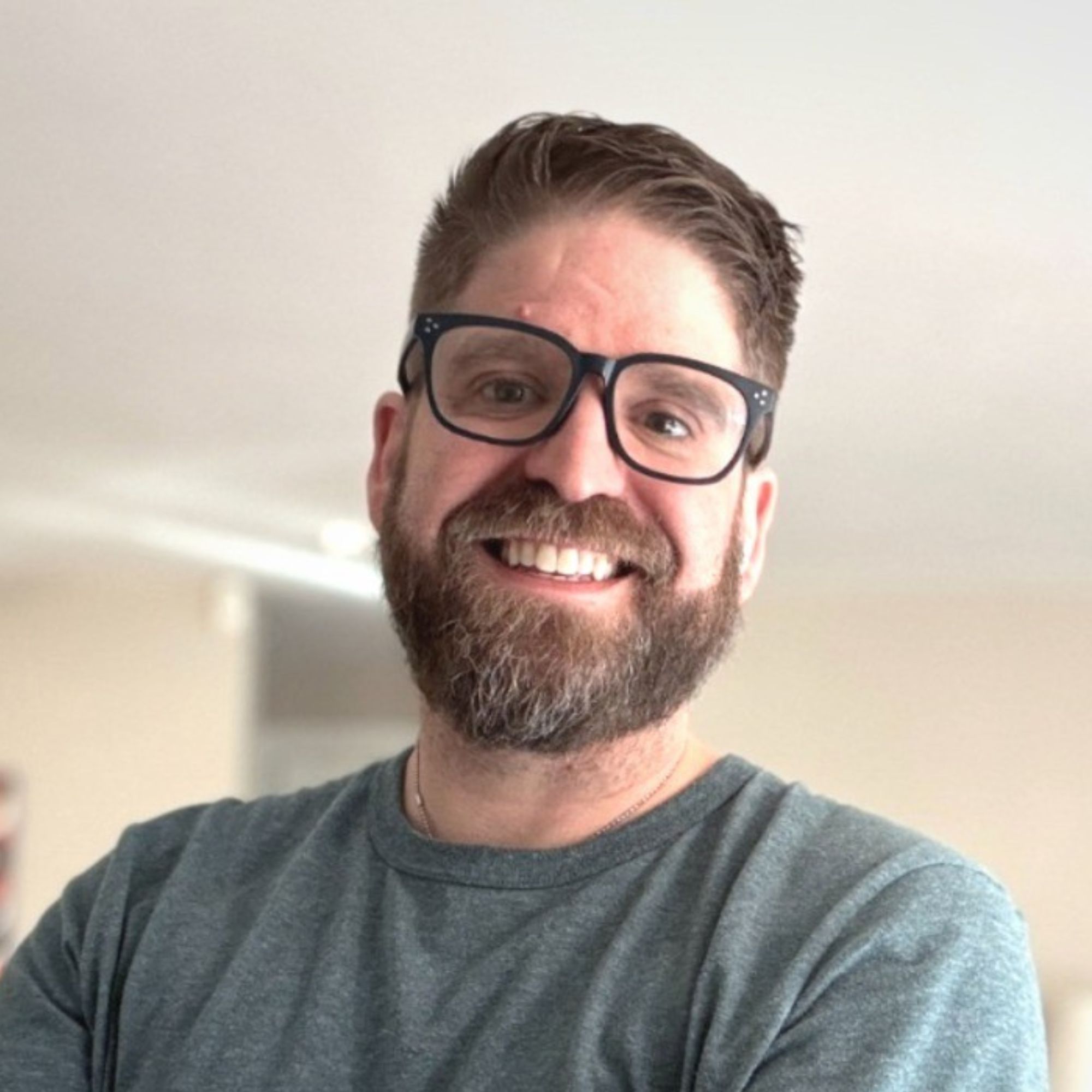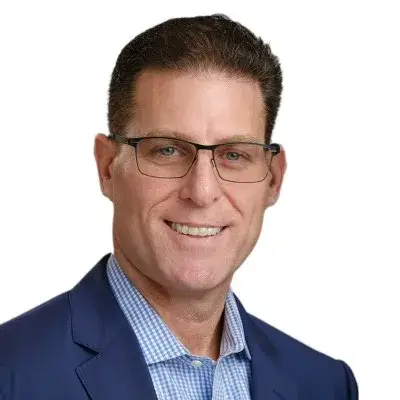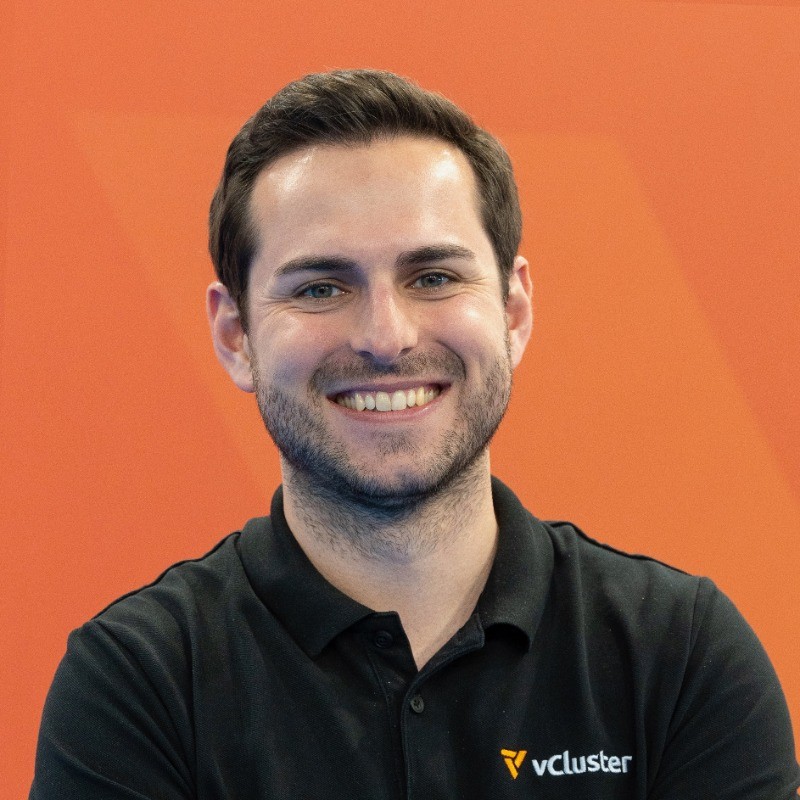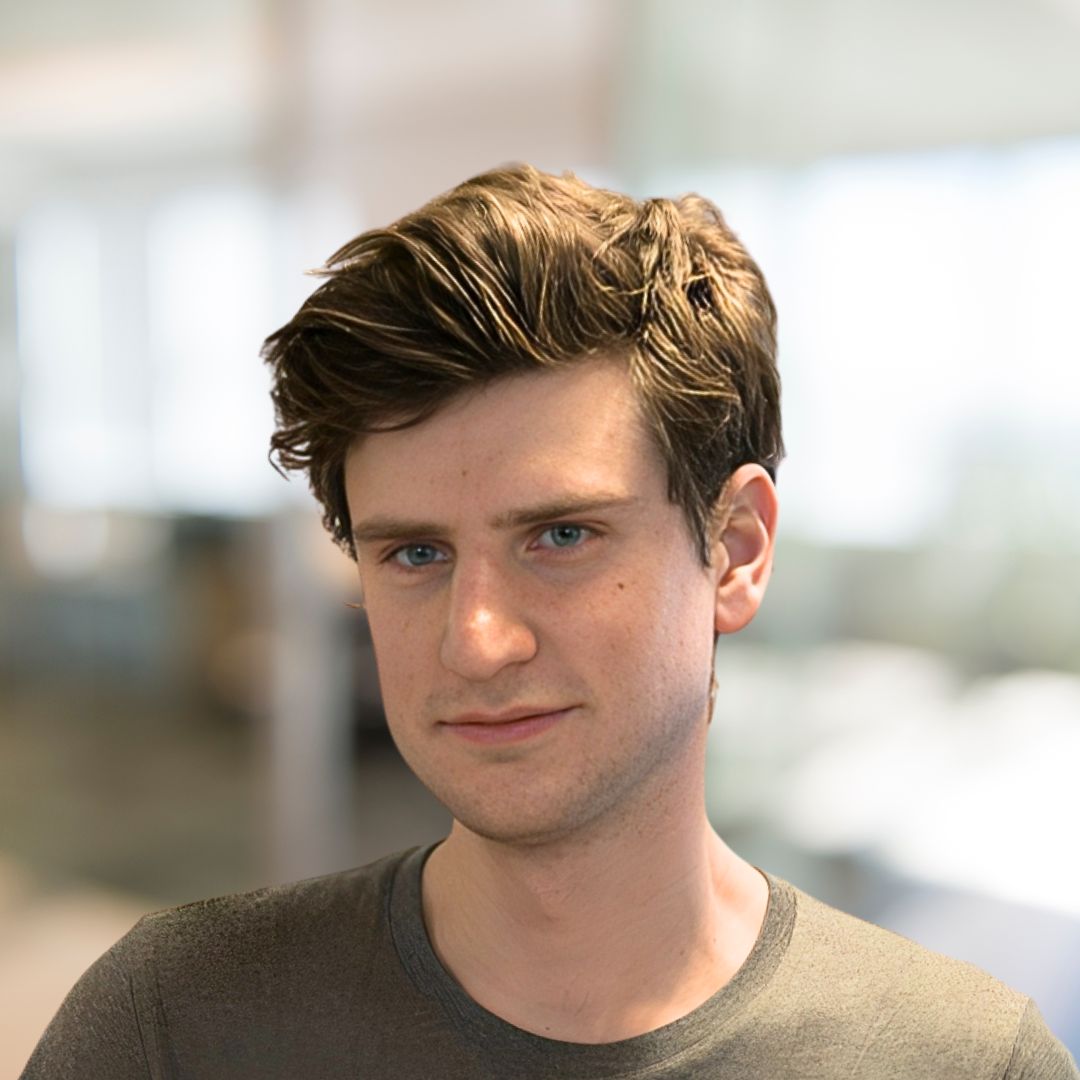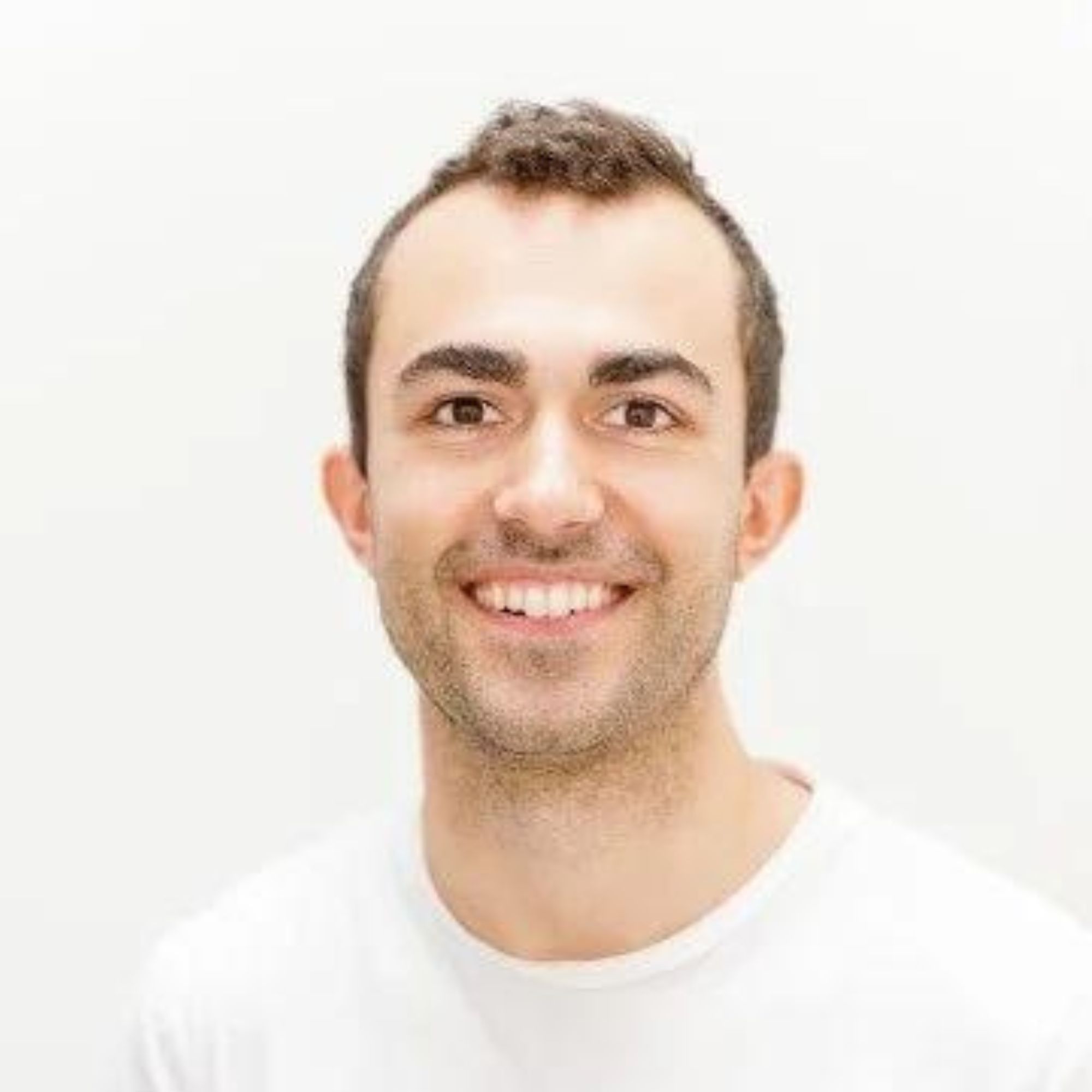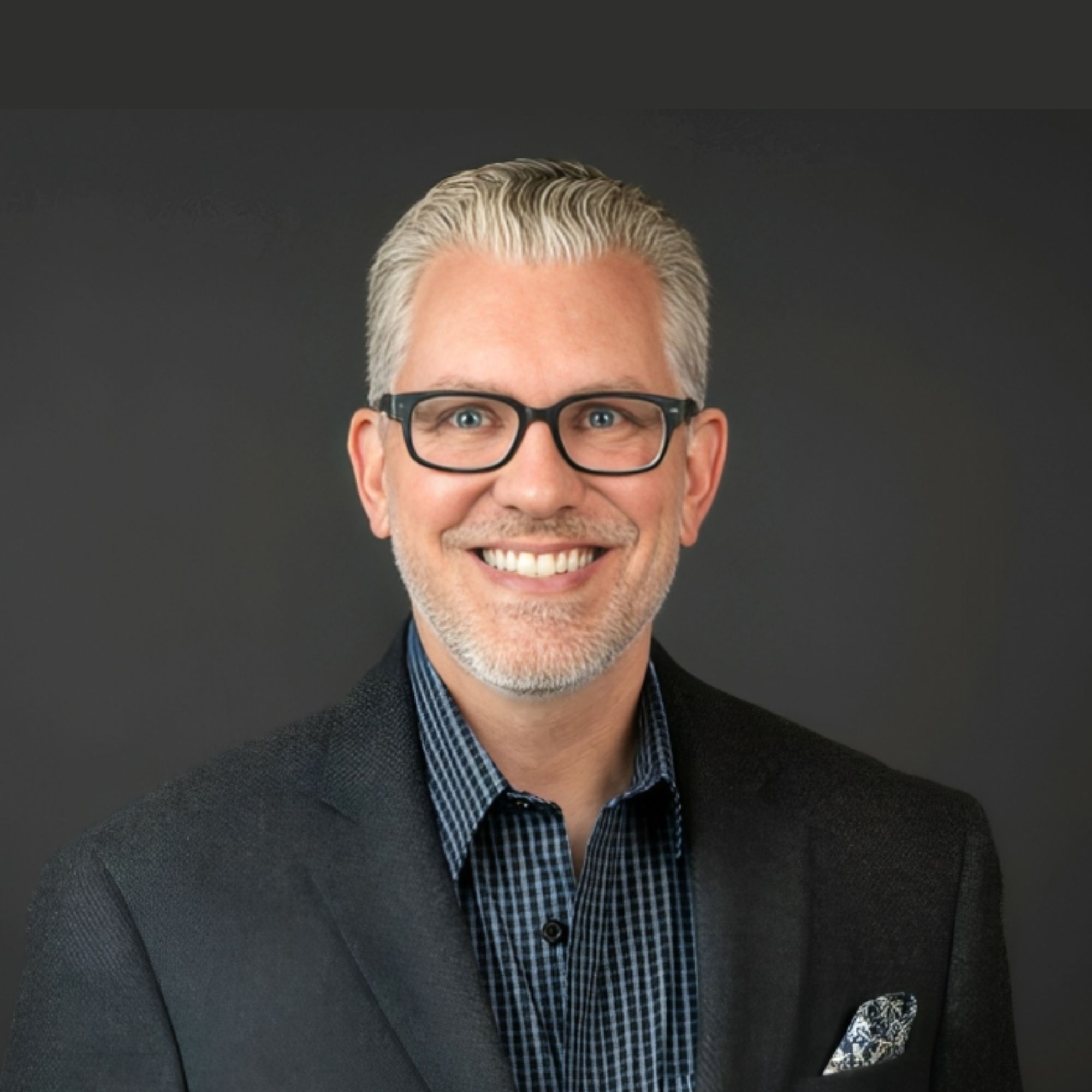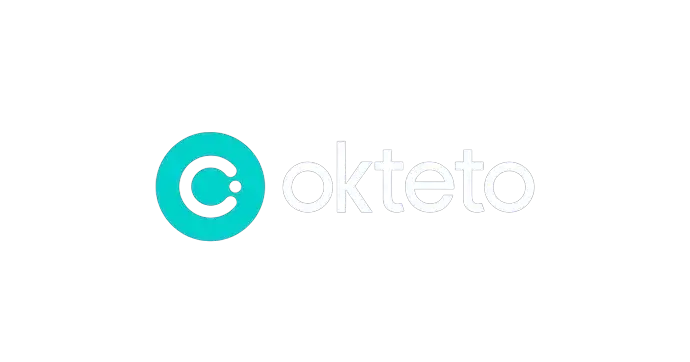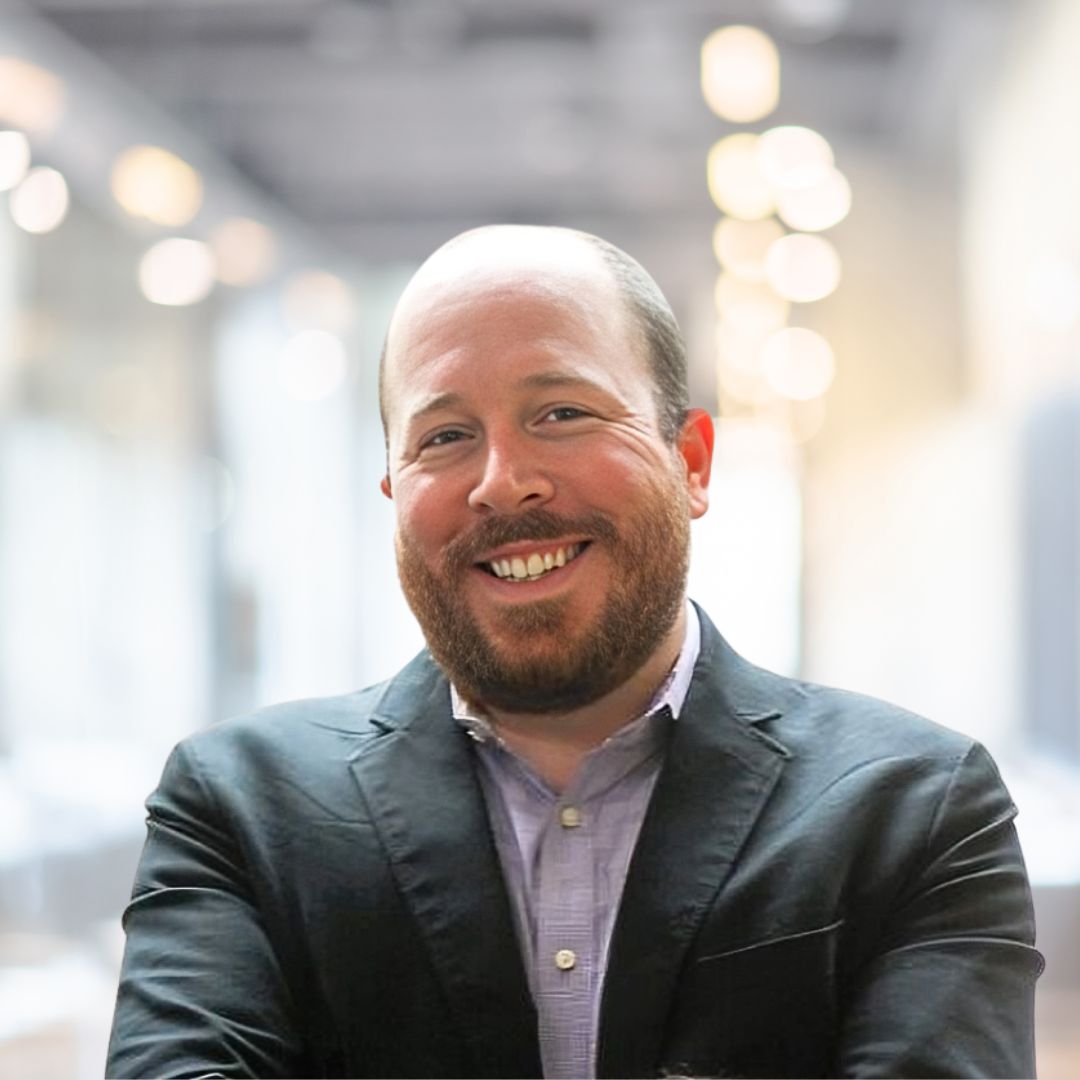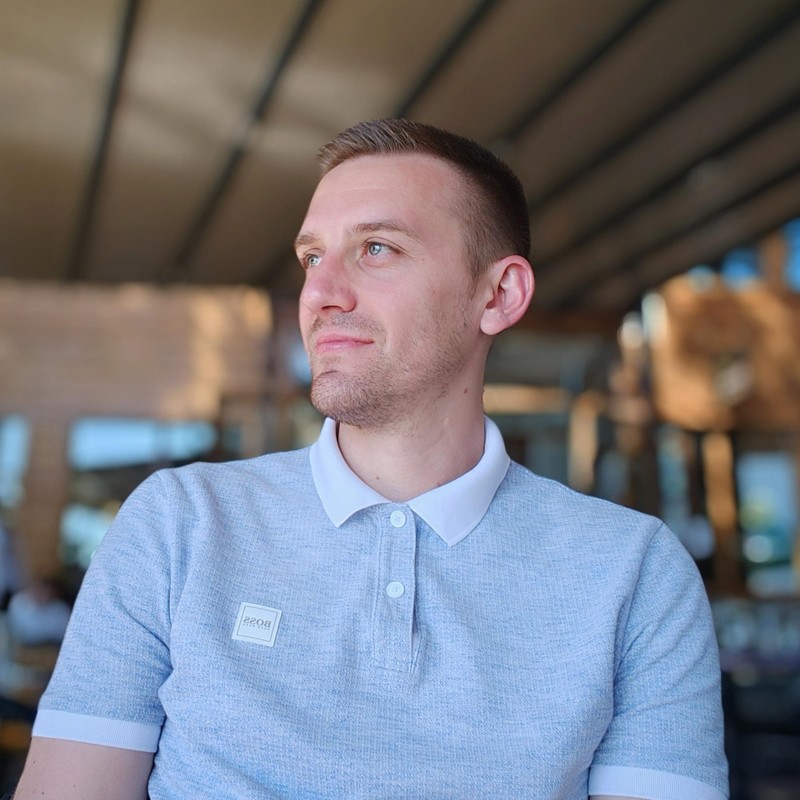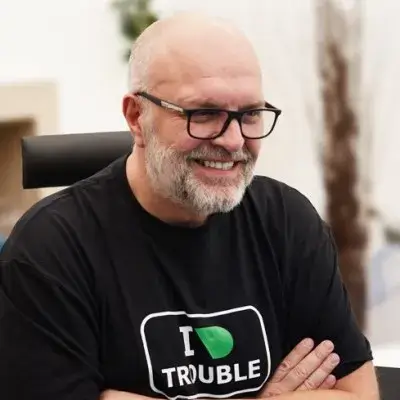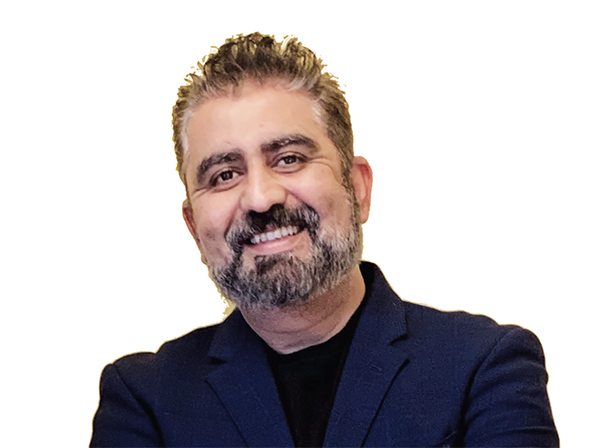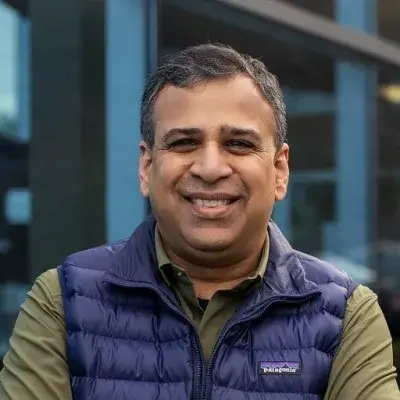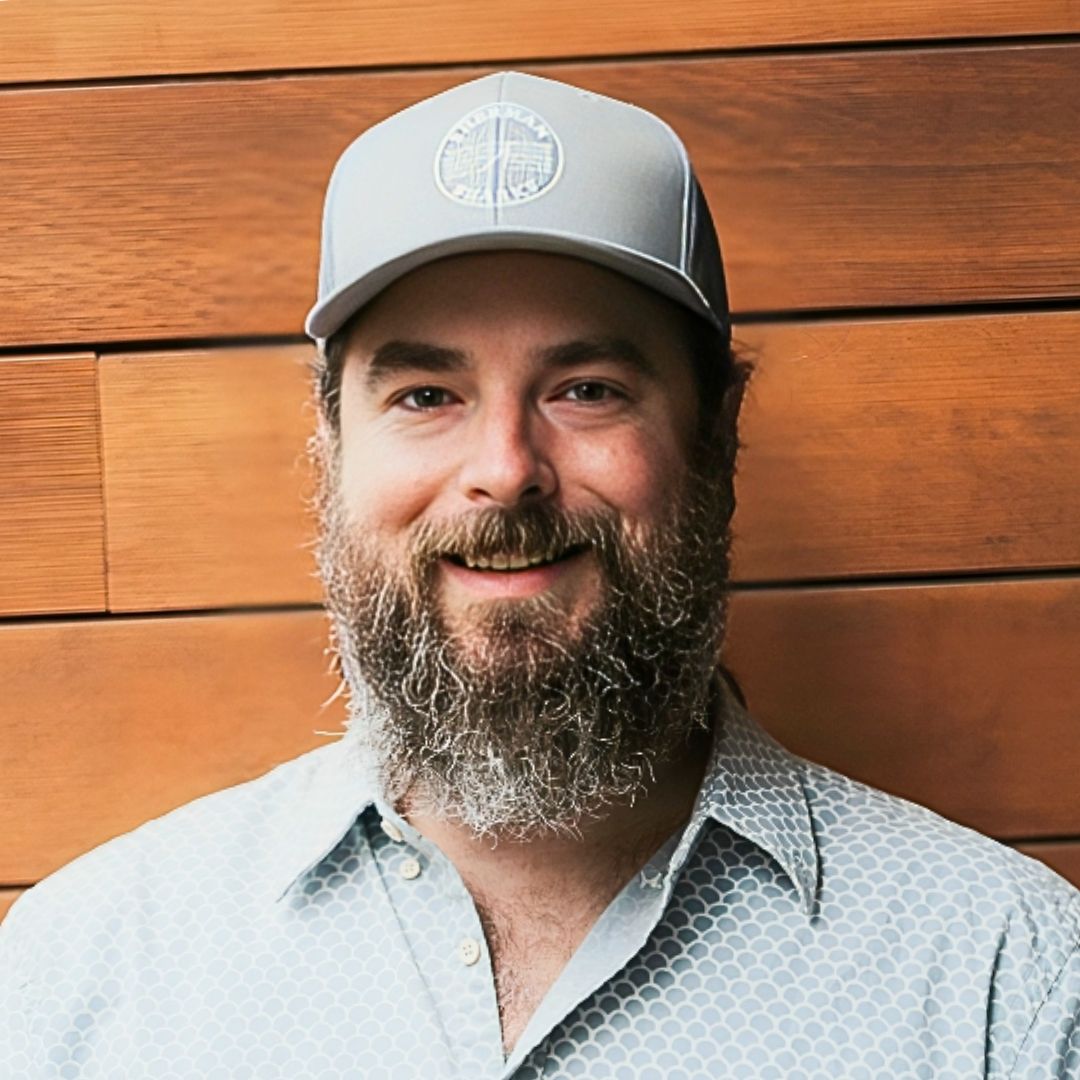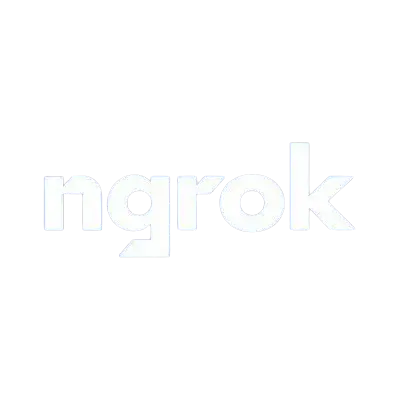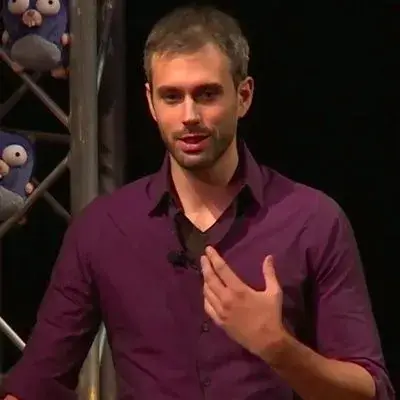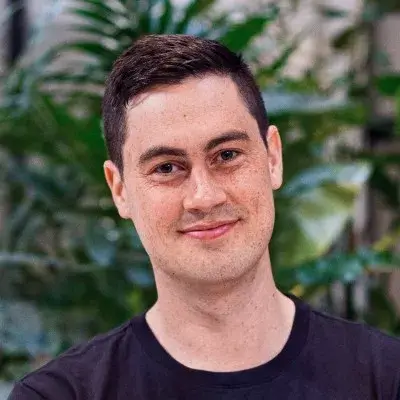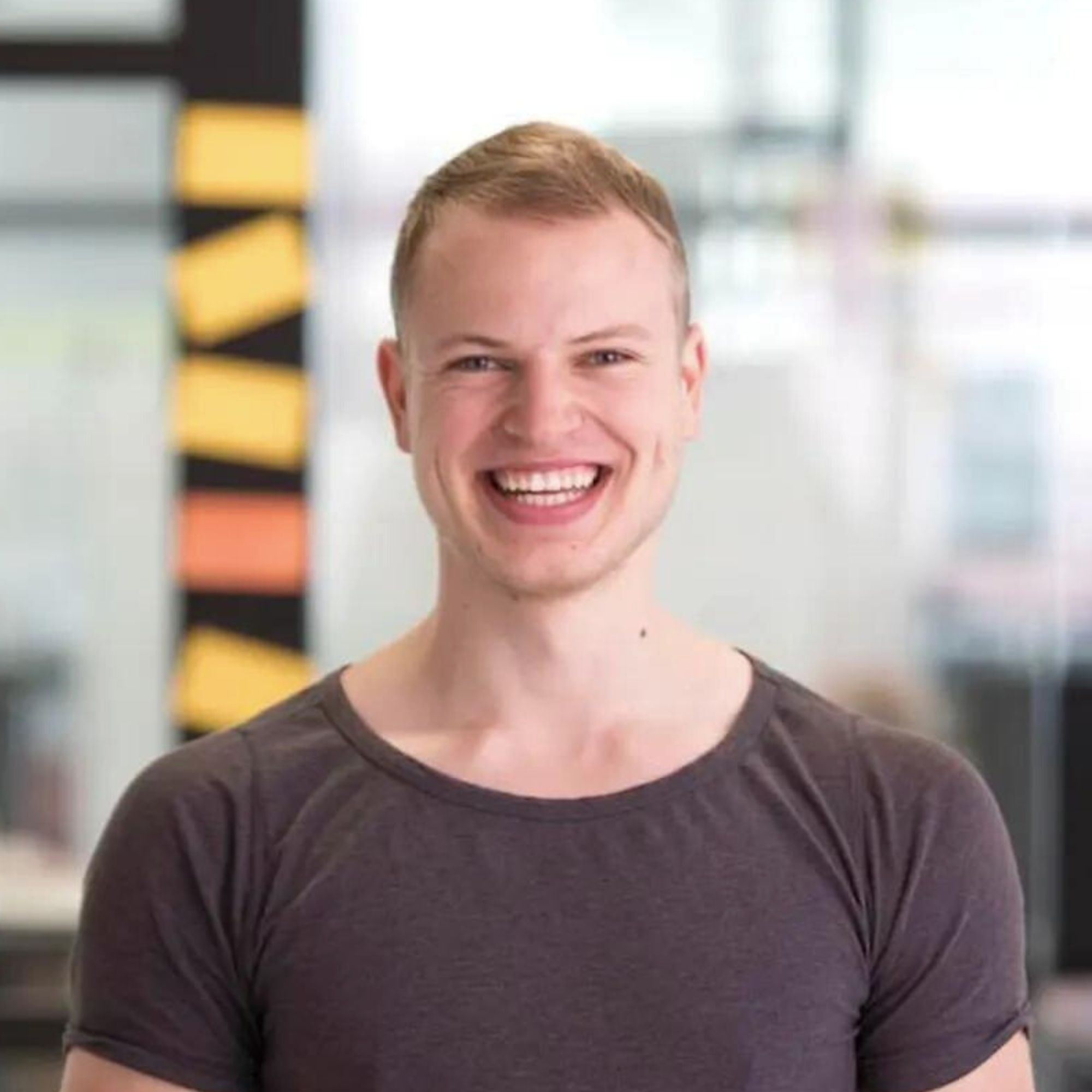Ready to build your own Founder-Led Growth engine? Book a Strategy Call

Frontlines.io | Where B2B Founders Talk GTM.
Strategic Communications Advisory For Visionary Founders
Actionable
Takeaways
Embrace "cash or code" open source strategy:
Florian introduced the concept of "cash or code" - users either pay for commercial features or contribute meaningfully to the open source project. ZITADEL's shift from Apache to AGPL licensing ensures that free users contribute back to the community while commercial customers get enterprise features and SLAs. This dual-licensing approach creates sustainable economics while building a strong community foundation.
Rethink pricing to align with customer value creation:
ZITADEL is moving away from per-user pricing because, as Florian explains, "we are the system that makes users useful. So if we hinder our customers on creating users in the first place, it kind of defeats the whole idea." Instead, they're shifting to capability-based pricing where customers pay for specific features like compliance notifications rather than user seats. This removes friction from customer growth and better aligns pricing with actual value delivered.
Focus marketing efforts on developers, not just buyers:
ZITADEL discovered that an 80/20 split between developer-focused and buyer-focused marketing works best. Florian notes that "targeting the developer ultimately leads to us being in the debate when somebody procures a system like ours." Developers do the initial evaluation and recommendation, so winning them over is crucial for getting into procurement discussions with buyers.
Leverage geographic arbitrage strategically:
ZITADEL operates across three regions - Europe for core engineering (quality engineers at $100-250K vs $250-500K in Bay Area), US for go-to-market, and Argentina for customer success and sales engineering. This approach optimizes for both cost efficiency and timezone coverage while maintaining quality across all functions.
Adapt messaging for cultural differences:
Moving from Switzerland to the US taught Florian that "in US marketing, things get overinflated quite severely, but the buyer knows that and automatically deducts some of it." Europeans tend to under-market solid products, while US buyers expect and discount for marketing inflation. B2B founders must calibrate their messaging appropriately for different markets and buyer expectations.
Conversation
Highlights
ZITADEL: From Swiss Startup to Global Identity Infrastructure Through Strategic Pricing and Cultural Adaptation
When Florian packed up his entire family—wife, two young children, and even their cat—for a 12-hour flight from Switzerland to the Bay Area, he wasn’t just relocating. He was betting everything on a fundamental truth about building global B2B infrastructure: sometimes you need to be where your customers are, even if it means starting over in a new culture.
In a recent episode of Category Visionaries, Florian Forster, CEO and Co-Founder of ZITADEL, shared the untold story of how his identity infrastructure company navigated the complex transition from European startup to American go-to-market powerhouse, ultimately raising $11.5 million in funding and discovering revolutionary approaches to pricing and marketing that challenge conventional B2B wisdom.
The Infrastructure Nobody Wants to Build
ZITADEL tackles what Florian calls “the unfunny piece that everybody needs to build software today”—authentication and identity management. While it might not sound revolutionary, every time you see a username and password field, a “Login with Google” button, or multi-factor authentication, that’s the territory ZITADEL occupies.
“We’re doing all things related to logins,” Florian explains. “We technically are infrastructure software. Whenever you see like username password or you see a login with multi factor Authentication or even a button like login with Google, that’s the thing we provide in the background.”
What sets ZITADEL apart in the crowded identity space is their focus on multi-tenant scenarios and developer flexibility. “We have a slight tendency on solving some problems around multi tenant scenarios, meaning B2B cases or if you have like multi tenant B2C scenarios like multiple product streams,” Florian notes. More importantly, they’ve embraced a controversial stance in today’s SaaS-dominated world: “You can self host it and that’s I think a contradictory stand to the current market.”
The Pricing Revolution That Changes Everything
Perhaps the most striking insight from Florian’s journey comes from ZITADEL’s radical rethinking of pricing models. Like many B2B companies, they initially adopted per-user pricing—a decision Florian now considers fundamentally flawed.
“The thing that I hate always with these per user pricings is we are the system that makes the users useful,” Florian explains with characteristic directness. “So if we hinder our customers on creating users in the first place, it kind of defeats the whole idea of us becoming a great player.”
This realization led to a complete pricing overhaul. Instead of charging per user, ZITADEL is moving toward capability-based pricing. “If you want to have an email sent out to the users from a certain company, if the password changed, just give us five bucks for that. Not per user per customer,” Florian illustrates.
The logic is compelling: “We better align with our values with what our customers can harness from their customers essentially. It’s more like hey, it needs more of these capabilities as I grow and my customers get more mature, so they need more capabilities.”
This approach removes what Florian sees as a fundamental growth impediment: “Adding users will cost me something because in itself it totally defeats the concept of growth in my mind.”
The 80/20 Marketing Discovery
ZITADEL’s marketing evolution reveals another counterintuitive truth about B2B go-to-market strategy. Through extensive experimentation, they discovered that the traditional split between developer and buyer marketing was completely wrong.
“What I think is an important lesson that we learned through the path of all of it is like we really need to work on appealing to developers in a concise and smart way,” Florian shares. After testing various approaches, they landed on an 80/20 split—80% developer-focused marketing, 20% buyer-focused.
The reasoning is strategic: “Targeting the developer ultimately in many cases leads to us being in the debate when somebody procures a system like ours and we only need to have content for that small interaction with the customer and the buyer side essentially.”
This approach inverts traditional B2B marketing wisdom. Instead of creating extensive buyer-focused content, ZITADEL focuses on winning over the technical evaluators who ultimately influence purchasing decisions. “We just need to give them some confidence like hey, the thing is there your developers scrutinized it already and here is the fine line for the buyer essentially.”
Cultural Arbitrage and Global Team Building
Moving from Switzerland to the Bay Area taught Florian profound lessons about cultural differences in B2B marketing and sales. His observations reveal deep insights about how different markets process information and make purchasing decisions.
“The thing that struck me is always in US Marketing, things get overinflated quite severely, but the buyer knows that,” Florian explains. “So automatically deductible, some of it, like 30% of the message out in his brain and you’re down to 70% of the truth. And everybody just deals with that.”
The contrast with European markets is stark: “If a European tells you something, it’s typically like 99% there, but you’re just horseshit at marketing it correctly. And the US buyer does not automatically add 30% of the capability.”
This insight led to a strategic approach to global team building. ZITADEL now operates across three geographic regions, each optimized for different functions: “Marketing and sales devrel all these things in the States because I think they work reasonably well here. I think keeping core engineering in Europe is a good approach because you get decently priced engineers with a good education background for way less than in the states.”
The economics are compelling. “You can get like a decent engineer for 100 to 250k dollars in Switzerland and these are well educated and good engineers,” compared to Bay Area costs of “$250 to 500” thousand dollars. They’ve also added a third pillar: “Customer success and sales engineers in Argentina that also works great because they have a good time zone fit to the States.”
The “Cash or Code” Open Source Strategy
ZITADEL’s approach to open source represents what Florian calls “cash or code”—a dual licensing strategy that creates sustainable economics while building community. “If you pay me something to do something or you contribute to do it in a meaningful way to ZITADEL,” he explains.
They recently switched from Apache to AGPL licensing to ensure that free users contribute back to the community. “We want people who use it for free. If they make changes, we want to have these changes essentially. Or you go for a commercial product and you give us money, then we do the code for you.”
This approach has attracted interesting forms of contribution. “Some of our bigger clients, not customers, they don’t pay money but they use it. They for example, they just hire pen testers to do a pen test of ZITADEL. I’m totally fine with that as well because it provides value back to us as a company and the community.”
Learning from Failures
Not every experiment succeeded. Florian candidly shares one significant marketing misstep: positioning ZITADEL as a serverless-compatible solution during the height of serverless hype.
“We try to phrase the messaging like hey, we’re the identity system that you even can run on serverless. That totally didn’t stick because let’s say the mid market and enterprise guys that typically buy ZITADEL, they are totally capable of running kubernetes and just deploy ZITADEL into kubernetes on their own.”
The lesson was clear: following trends without understanding customer needs leads nowhere. “The whole serverless thing was so undefined that it actually nobody really took something out of it besides yes, ZITADEL can run stateless.”
The Future of Identity in an AI World
Looking ahead, Florian sees ZITADEL positioned at the intersection of identity management and AI risk mitigation. His vision extends beyond traditional authentication into behavioral analytics and AI detection.
“How do we deal with all the AI shenanigans that are going on now?” Florian asks. “Who makes sure that an agentic AI in your browser is not just doing bank transactions for you? So there is also some residual risks that we as an identity company see and want to tackle.”
This represents a new category of identity challenges. “If I’m a bank, for example, I don’t want to have an AI agent against my banking and suddenly tell me, hey, why is my money gone? Because there is a risk management problem in there.”
ZITADEL’s evolution from authentication provider to comprehensive identity platform reflects broader trends in B2B infrastructure. By combining developer-first product design, innovative pricing models, and strategic global operations, they’ve created a playbook for building infrastructure companies in an increasingly complex technical landscape.
Florian’s journey from Swiss startup founder to Bay Area CEO illustrates how successful B2B companies must adapt not just their products, but their entire approach to market dynamics, cultural differences, and customer expectations. The result is a company positioned to become what Florian calls “the GitLab for identity”—a comprehensive platform that grows with its customers rather than constraining their growth.
For B2B founders navigating similar transitions, ZITADEL’s story offers a masterclass in strategic adaptation, proving that sometimes the biggest breakthroughs come not from following conventional wisdom, but from questioning fundamental assumptions about pricing, marketing, and global expansion.

